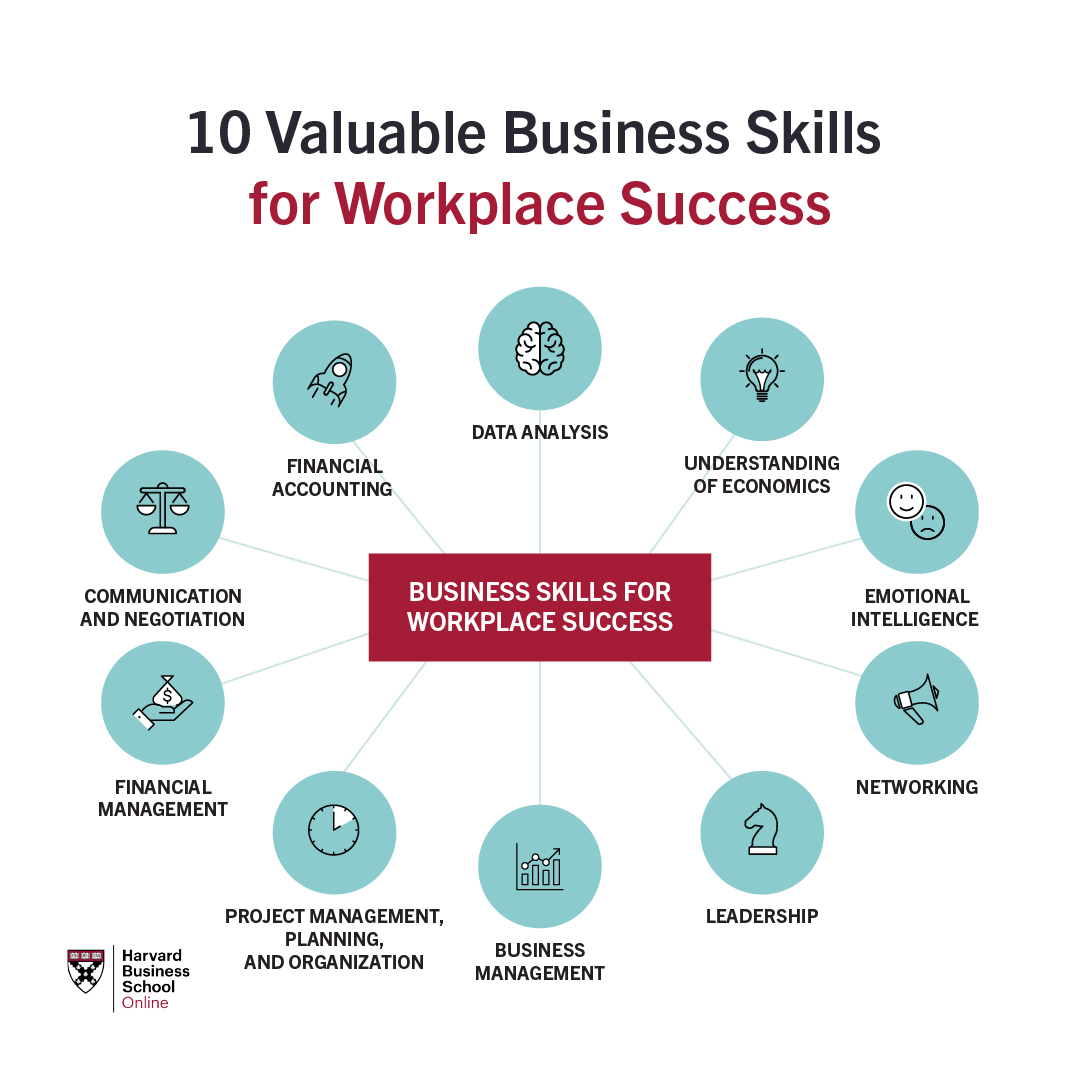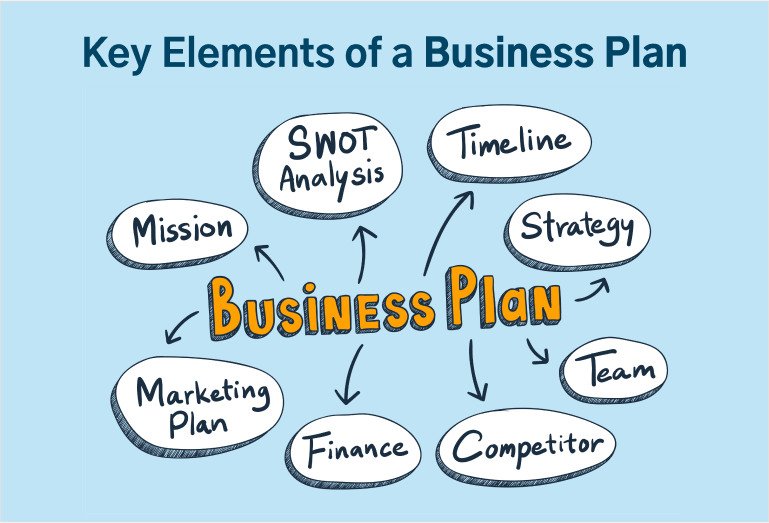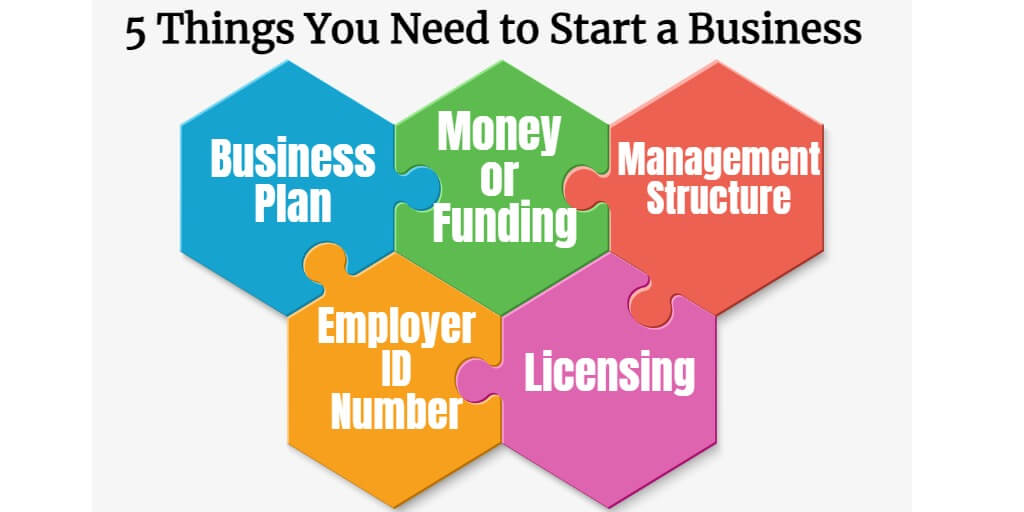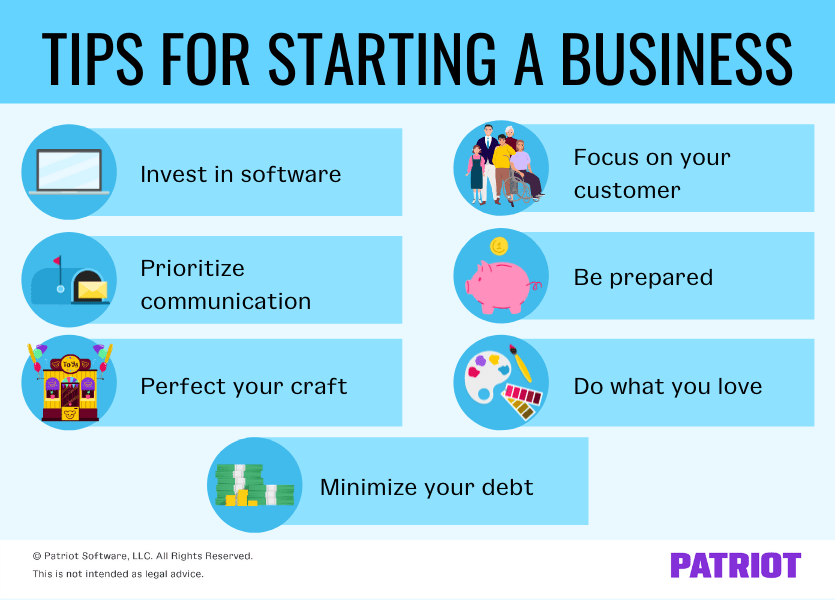What Is The Most Important Thing To Start A Business

Forget flashy websites and complex strategies. According to seasoned entrepreneurs and recent studies, the single most crucial element for launching a successful business is identifying a real, unmet need in the market.
This article dives into why a problem-solving approach is paramount, offering insights from industry experts and backing it up with data, revealing the foundational step every aspiring business owner must take.
The Problem-First Approach: Why It Reigns Supreme
For years, aspiring entrepreneurs have been bombarded with advice about funding, marketing, and networking. However, numerous studies and anecdotal evidence point to a more fundamental truth: a business without a problem to solve is a business without a customer.
A recent report by CB Insights analyzing startup failures found that "no market need" was the number one reason for failure, cited by a staggering 42% of failed startups. This dwarfs other factors like running out of cash or getting outcompeted.
"It's not about building a cool product; it's about building a product that solves a pain point,"
says Sarah Chen, a venture capitalist specializing in early-stage startups. She argues that passion alone is not enough; entrepreneurs must rigorously validate their ideas to ensure genuine demand.
Beyond the Buzzword: Identifying Genuine Needs
So, how does one pinpoint a real market need? It starts with observation and empathy. Instead of dreaming up solutions in a vacuum, successful entrepreneurs immerse themselves in the lives of their target customers.
This involves conducting thorough market research, engaging in direct conversations with potential customers, and closely analyzing existing solutions to identify gaps and inefficiencies. According to a 2023 survey by Forbes, businesses that conduct extensive market research are 60% more likely to succeed.
Data analysis also plays a crucial role. Examining demographic trends, analyzing consumer behavior patterns, and monitoring social media conversations can reveal unmet needs and emerging opportunities.
The Power of Validation: Testing Your Assumptions
Identifying a need is only the first step; rigorous validation is essential. This involves creating a minimum viable product (MVP) – a basic version of your solution – and testing it with a small group of target customers.
The goal is to gather feedback and iterate based on real-world usage, not theoretical assumptions. Companies like Dropbox famously validated their idea with a simple video demo before writing a single line of code.
By demonstrating the value proposition and gathering pre-orders, they proved that there was a genuine need for their file-sharing service.
The Ongoing Process: Adapting to Evolving Needs
Even after launching a successful business, identifying and addressing unmet needs remains a continuous process. The market is constantly evolving, and customer preferences can change rapidly.
Successful companies proactively monitor trends, gather customer feedback, and adapt their products and services accordingly. Netflix, for example, started as a DVD rental service but continuously evolved to meet changing consumer demands, eventually becoming the streaming giant it is today.
This adaptability is crucial for long-term survival and growth.
Next Steps: From Idea to Impact
Aspiring entrepreneurs should shift their focus from crafting the perfect product to identifying the perfect problem. Begin by observing your surroundings, talking to potential customers, and analyzing existing solutions.
Prioritize validation through MVPs and continuous feedback loops. The most important thing is to ensure that your business is solving a real need for real people, or face almost certain failure.




:max_bytes(150000):strip_icc()/starting-own-business-1200678-Final-edit-050e3ef116174733a310b081c943fb37.jpg)













